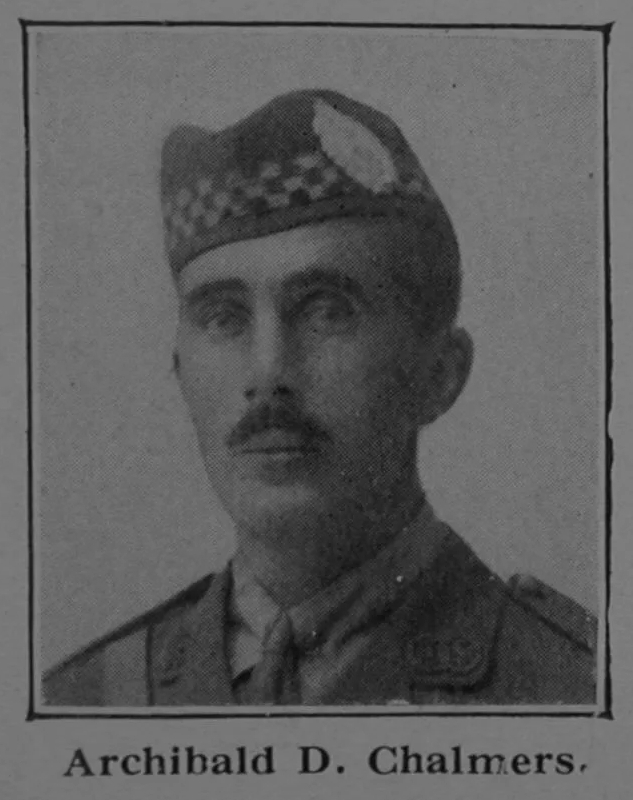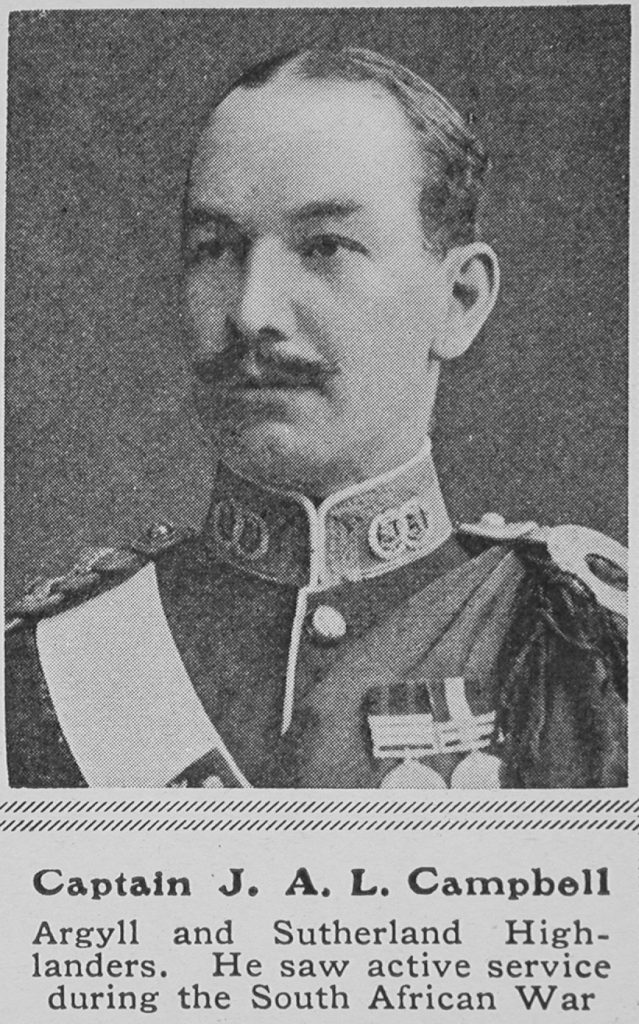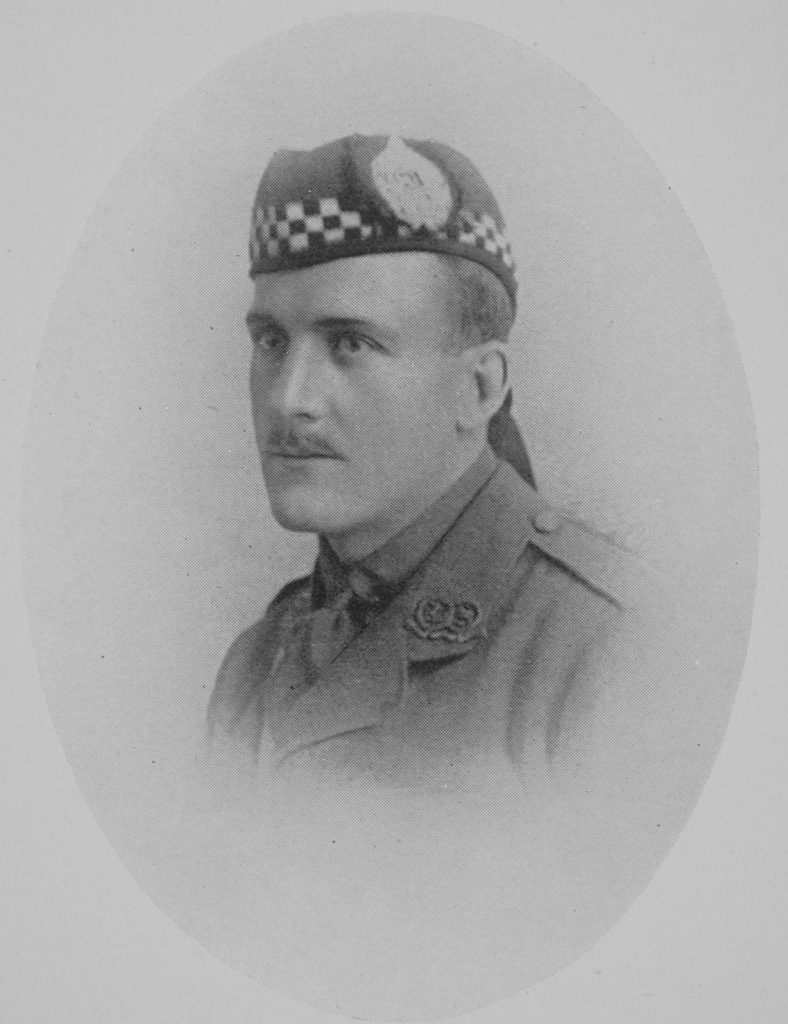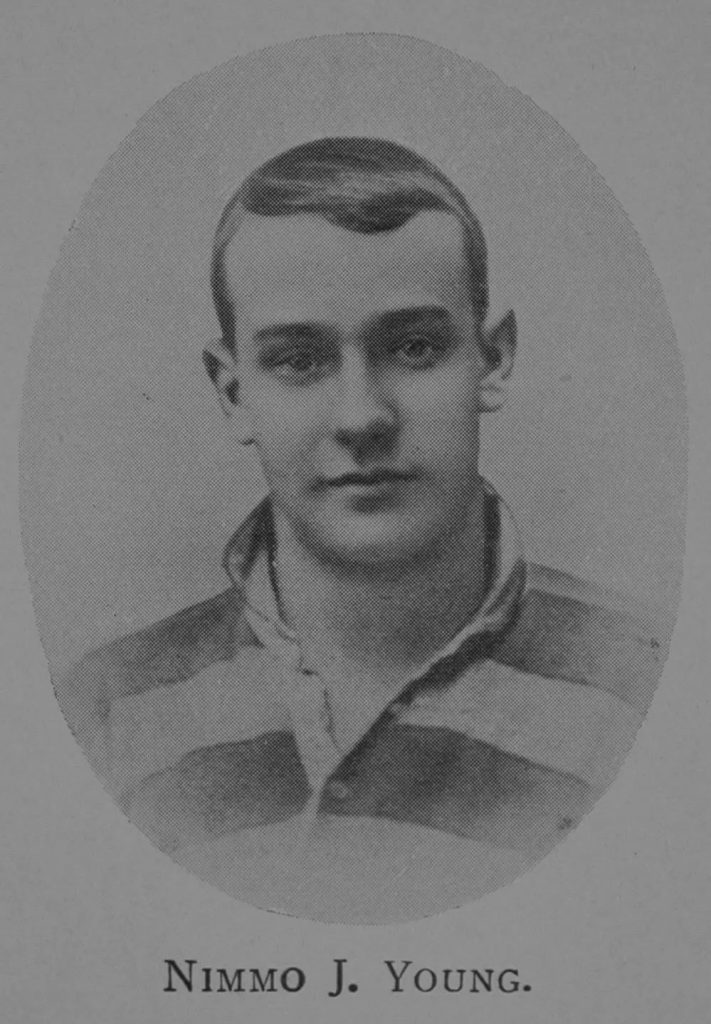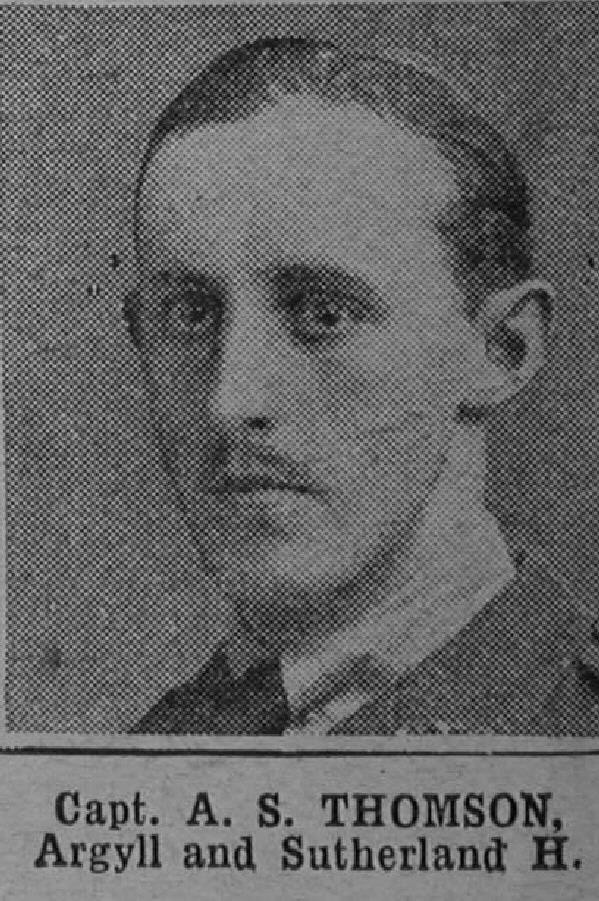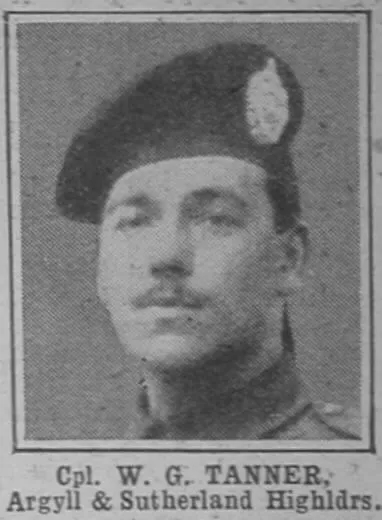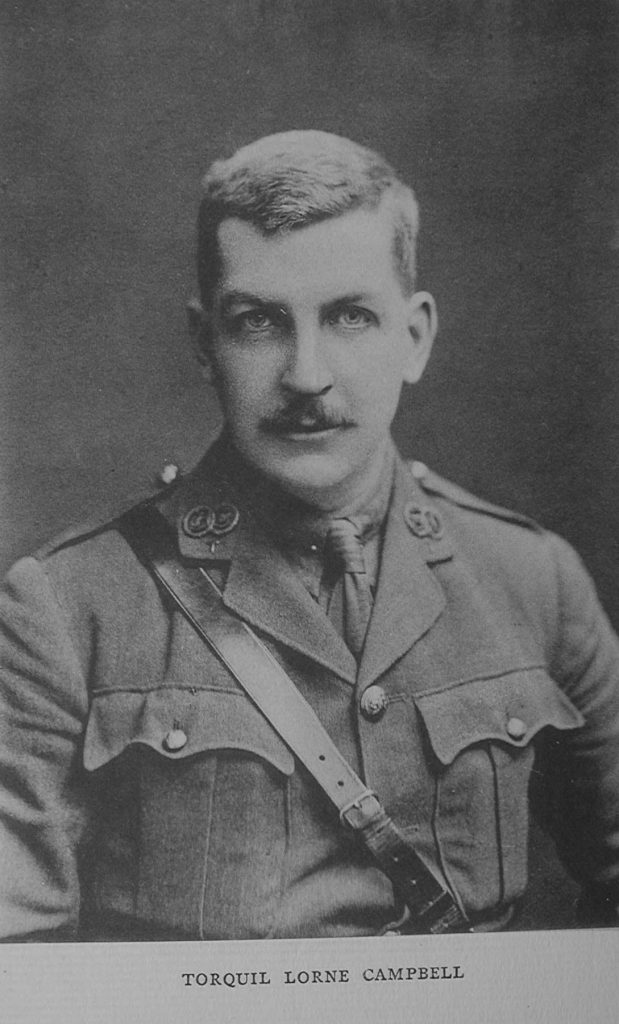
Campbell T L 2nd Lt 8th Attd 1st Argyll And Sutherland Highlanders
SECOND LIEUTENANT T. L. CAMPBELL
8TH (THE ARGYLLSHIRE) BATTALION PRINCESS LOUISE’S (ARGYLL AND SUTHERLAND HIGHLANDERS), T.F.
TORQUIL LORNE CAMPBELL was the second son of Colonel Duncan Campbell, of Inverneill, Argyll, D.L., J.P., Chairman of the Territorial Force Association of the County of Argyll, and of Isabel his wife, daughter of James Aspinall Tobin, of Eastham House, Cheshire,
He was in the School from 1898 to 1901, and went to South Africa in 1902. In October, 1914, shortly after the outbreak of War, he joined the 18th Mounted Rifles and served through the rebellion which then took place in the colony. He subsequently received a Commission and was appointed Adjutant of Hay’s Commando, serving through the German South-West African Campaign. On the successful conclusion of this he returned home in 1916, and obtained a Commission in the 8th Argyll and Sutherland Highlanders.
He went to France in January, 1917, and was attached to the 2nd Battalion of his Regiment, serving with it until his death. He was placed in command of a raiding party, and after returning from the enemy’s line he stood up in order to see that all the wounded had been collected, and was instantaneously killed by a bomb. Owing to heavy enemy fire he could not be brought in, and was reported “Missing, believed Killed.” Subsequently, on the general retirement of the Germans, his body was recovered and buried where found about 1,000 yards south of Bouchavesnes, a village north of Peronne. He fell on March 1st, 1917. Age 31.
His Senior Officer wrote:-
“Though he was a junior Officer, I had no hesitation in placing him in command of the operation, for he had already proved he was made of the very highest metal and as fine an Officer as the 93rd Highlanders ever had. On every occasion self was nothing to him. His one thought was “What can I do for my men? What can I do for my brother Officers?””
He married, in 1910, Catherine Isabella, eldest daughter of Alfred Vertue, of Barbarossa, Cape Colony, and left a daughter and a son.
His youngest brother, Lieutenant-Colonel N. D. Campbell (O.R.), Argyll and Sutherland Highlanders, was killed in action on April 12th, 1918. The record of his services will be found in Vol. VI of these Memorials.
Source : Rugby Roll Of Honour Vol 4 1914-1918
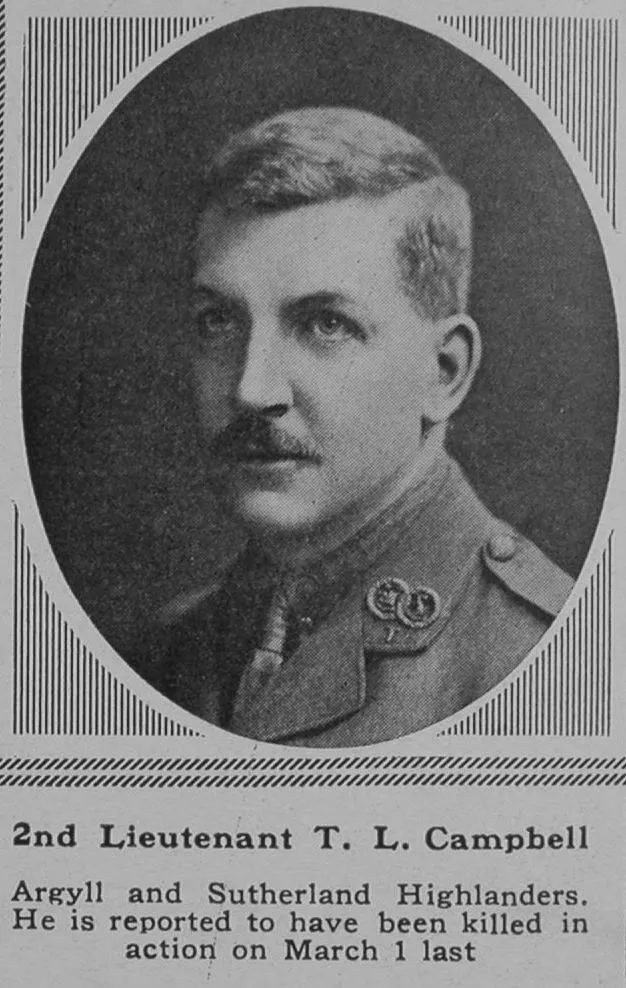
Campbell T L 2nd Lt 8th Attd 1st Argyll And Sutherland Highlanders
Source : The Sphere 5th May 1917


